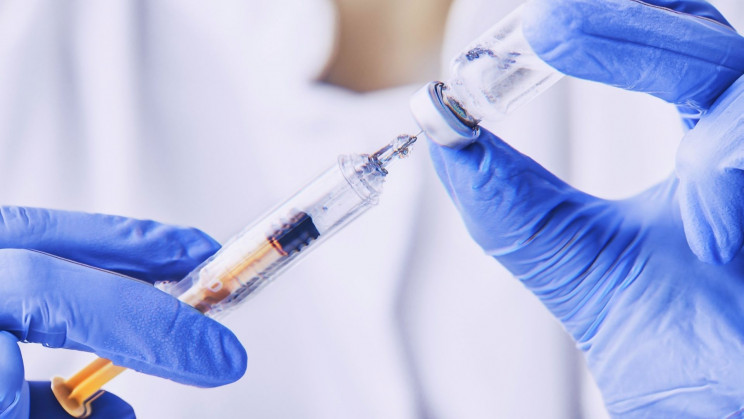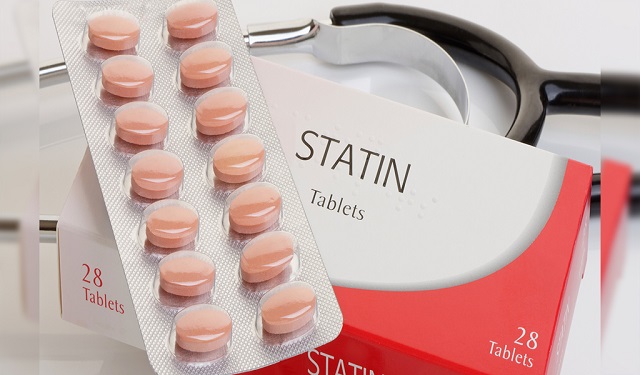Is it really time to say goodbye to high cholesterol?
According to a press release from the UK Agency, UK’s NHS has just approved a new cholesterol-reducing shot that will be administered to 300,000 people throughout the next three years. This will mark the first use of a new therapeutic called “gene-silencing” to treat common diseases.
The new cholesterol-reducing drug, called Inclisiran targets mRNA to reduce cholesterol levels in the body by degrading the protein known as PCSK9, which is normally used to regulate cholesterol levels but is found in excess in people experiencing high levels of LDL cholesterol. By stopping its production, the cholesterol levels would naturally drop. But to target this mRNA, researchers had to make use of a synthetic version of a different type of RNA known as interfering RNA (siRNA) which enabled the precise targeting of individual mRNAs, in this case, the mRNA used for carrying instructions for the PCSK9 protein which was eliminated.

Instead of eliminating the symptoms experienced by the body, this technique of gene silencing works by selecting a specific gene and stopping it from producing the protein responsible for the said illness altogether. Inclisiran will be injected twice in one year, to patients suffering from genetic high-cholesterol conditions, people who have suffered a heart attack or those who don’t respond well to cholesterol-reducing drugs.

Up till now, gene silencing technology has been used for rare genetic diseases but this is the first time its being used for a common health problem so people are anticipating a great deal from it as well. Reducing cholesterol is the first step, but scientists are already researching ways to use gene silencing to treat other health conditions such as cancer or Alzheimer’s. It’s not an easy task but the future of medicinal technology gives us hope.


